The Spatz Lab
Welcome to the Spatz Lab. This is where we hope to document our results and research the effects of the Spatz Intervention on innovative teams.
Partner with a University Lab
We are hoping to partner with a workplace centered university such as Griffith University’s WOW Labs (Centre for Work, Organisation and Wellbeing) in 2024 to run a research pilot for Spats.
We hope to test and document our results of this pilot and eventually promote our (hopefully) positive results.
Titled, Tit for Spat: How Reacting in Kind Fuels Workplace Micro-conflicts and believe that in the world of workplace dynamics, conflicts often start small, like sparks before a fire. These minor disagreements and irritations, known as spats, can have a tendency to escalate, sometimes even turning into full-blown conflicts. But why does this happen, and how can we prevent it?
Other Research
This is related to the research paper Dynamics of Micro-Conflicts below we use to justify ensuring innovative team spats (micro-conflicts) are resolved (uncertainty reduced).
Research Evidence
“The Dynamics of Micro-Conflicts and Uncertainty in Successful and Unsuccessful Design Teams”
by Susannah B.F. Paletz, Joel Chan, Christian D. Schunn,
Summary of Research:
What differentiates successful from unsuccessful design teams? Building on new
research on design innovation that emphasizes interactions between social and
cognitive processes, we investigated a potential distinguishing feature:
Successful design teams may harness interpersonal conflicts (a social design
process) to mitigate uncertainty (a cognitive design process). We analyzed
temporal relationships between brief, expressed interpersonal disagreements and
subsequent spoken individual uncertainty in 30 h of conversations of 10
successful and 11 unsuccessful engineering product design teams.
We discovered that micro-conflicts were followed by a relative reduction in uncertainty in successful design teams, whereas uncertainty rose after micro-conflicts in unsuccessful design teams, suggesting that interactions between conflict and uncertainty may be a differentiating factor for design team success.
Peace is not the absence of conflict, but the ability to cope with it.
Mahatma Gandhi
